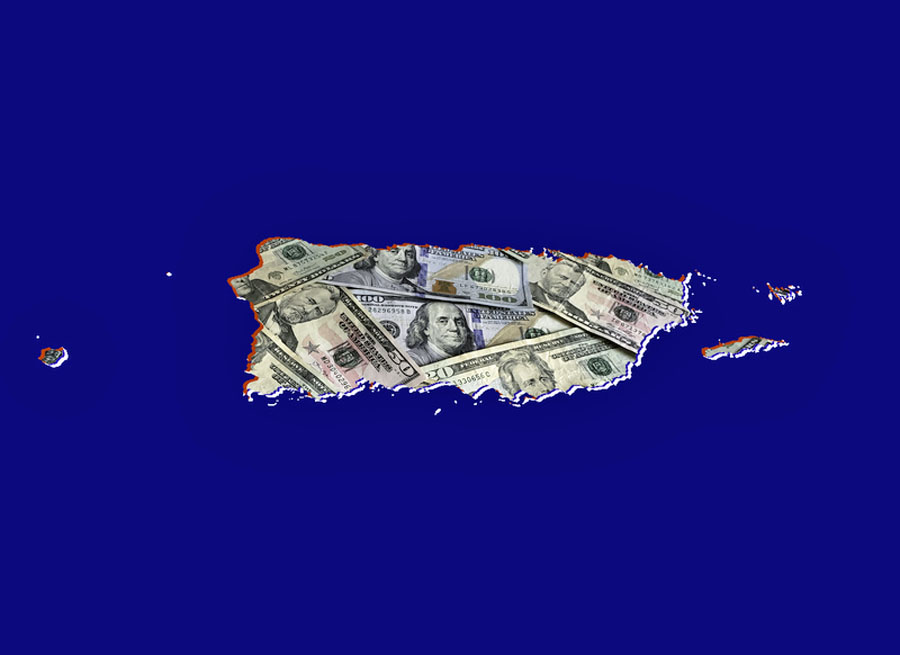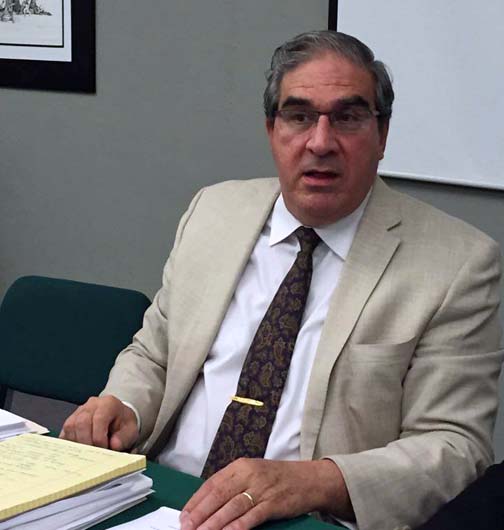Economists rank gubernatorial candidates’ fiscal platforms

The economic platforms presented by the candidates running for governor of the island “leave much to be desired,” Alba Brugueras-Fabre, president of the Puerto Rico Economists Association (AEPR, in Spanish) said, after evaluating each of the plans.

In a report, the professional association said the platforms of the six candidates: “are reduced to a list of ideas, which, although nice and even necessary, do not contain minimal planning to recognize its viability.”
When analyzing the six economic platforms, the AEPR followed criteria developed by the Latin American Research Initiative for Public Policies from the series entitled, “Electoral Platforms: Strengthening capacities to influence the electoral cycle.”
Some of the criteria points analyzed the island’s economic challenges such as: the environment; demographic changes; education; public debt; physical; and technological infrastructure. They also included government institutions, investment, poverty, and economic inequality, health and the labor market.
The results of the evaluation come following three specific points: focus, structure and feasibility, and accountability.
The highest possible score was a total of five points. The highest overall score of 3.4 went to the Popular Democratic Party platform, followed by the Puerto Rican Independence Party, with a score of 3.1, both landing a satisfactory rating, the professional group said.
Movimiento Victoria Ciudadana got a score of 2.3, the Proyecto Dignidad party got a 2.0, the New Progressive Party, a score of 1.9, and the independent candidate got a 1.4. These last four parties’ proposals were rated as “deficient.”
The absence of specific, significant, measurable, real and defined objectives did not allow the Economists Association to verify the validity of these proposals, they said.
“When you write specific goals and objectives, you must add value to the financial proposals. This allows the time, budget, and available resources to be managed effectively,” Bruguera said.
After the evaluation, the AEPR recommended: designing a policy of foreign and local capital under equal conditions; attracting companies engaged in research, development, and innovation; creating a fund to invest in research with these companies; auditing Puerto Rico’s public debt and negotiating a write off; and prioritizing health through the design of a new model.
The association believes that after events like the recent hurricanes, earthquakes, and the pandemic, the island “deserves more from those who aspire to govern during the next four years. We deserve something more than satisfactory or that meets the minimum. The island needs real, executable plans, and results that are measurable and comparable. We deserve no less,” Brugueras said.








